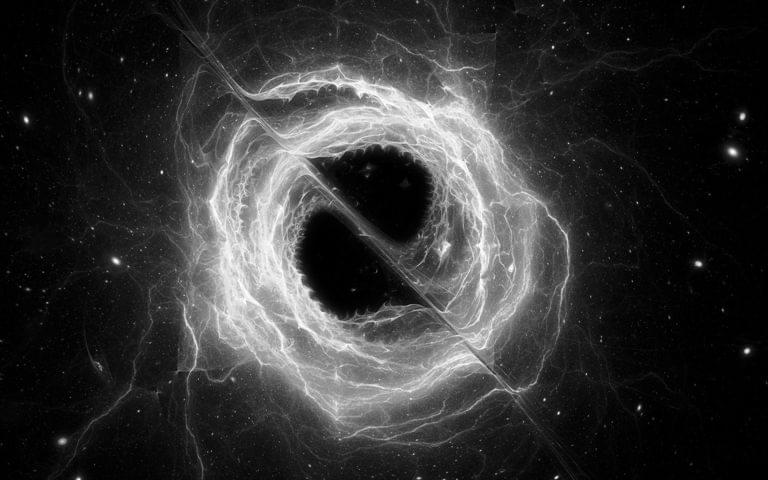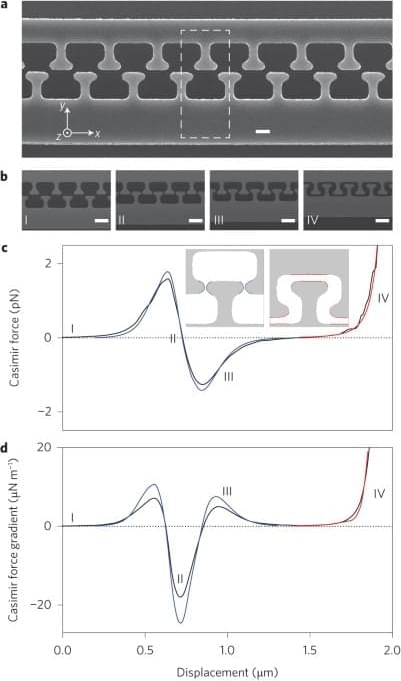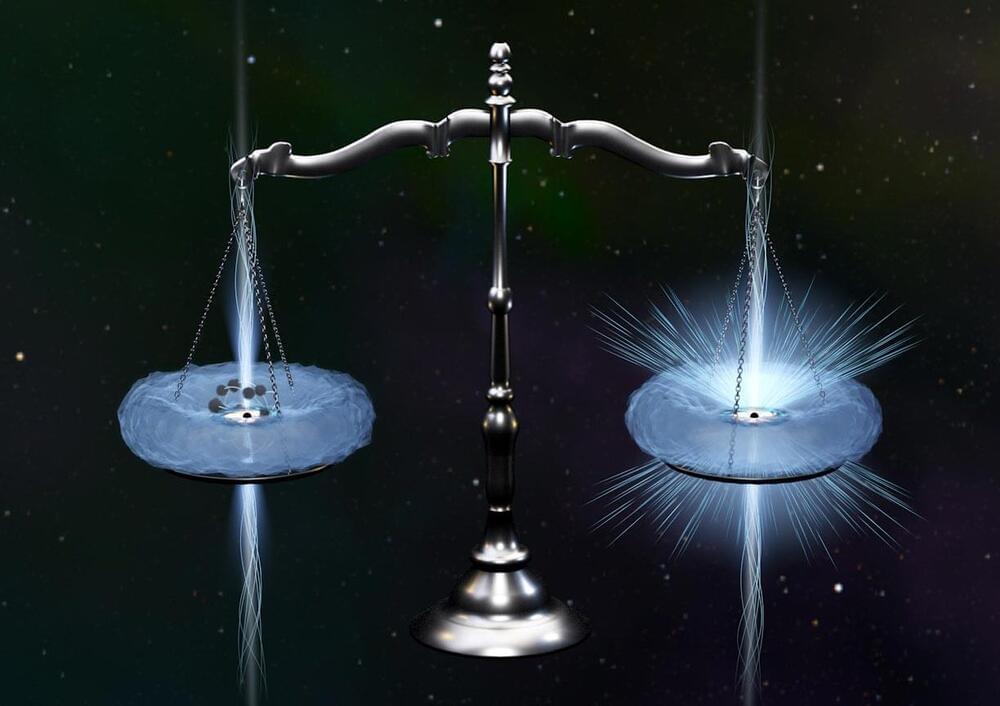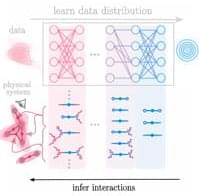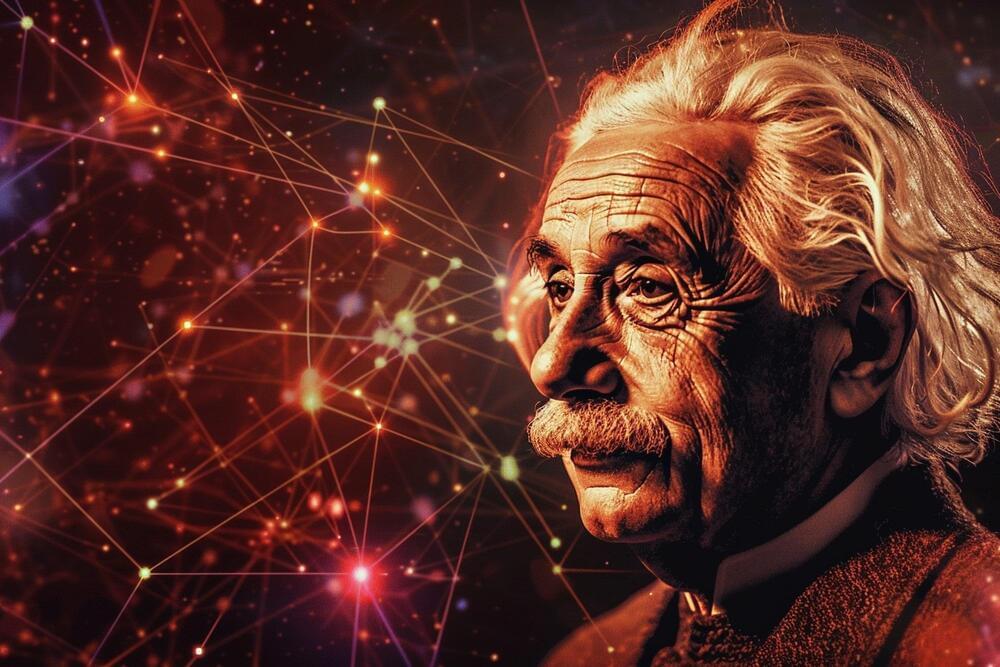PBS Member Stations rely on viewers like you. To support your local station, go to: http://to.pbs.org/DonateSPACE
Sign Up on Patreon to get access to the Space Time Discord!
/ pbsspacetime.
EMPs aren’t science fiction. Real militaries are experimenting on real EMP generators, and as Starfish Prime showed us, space nukes can send powerful EMPs to the surface. So what exactly is an EMP, and how dangerous are they?
Check out the Space Time Merch Store.
https://www.pbsspacetime.com/shop.
Sign up for the mailing list to get episode notifications and hear special announcements!
https://mailchi.mp/1a6eb8f2717d/space…
Search the Entire Space Time Library Here: https://search.pbsspacetime.com/
